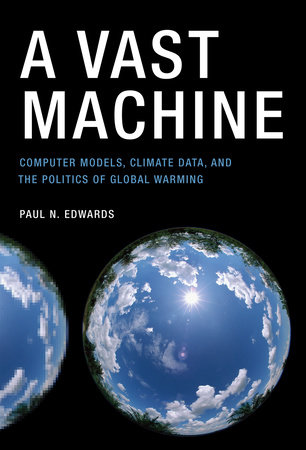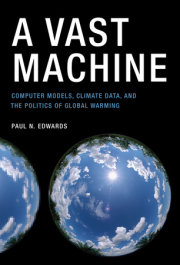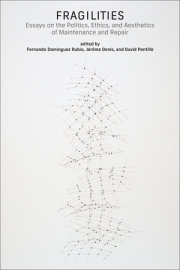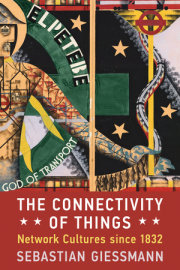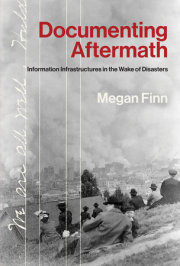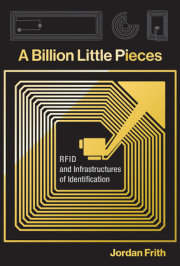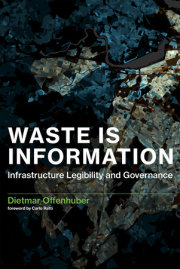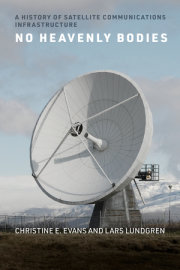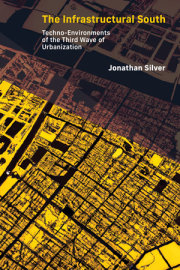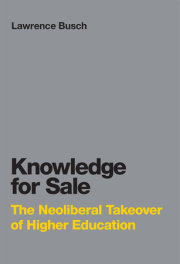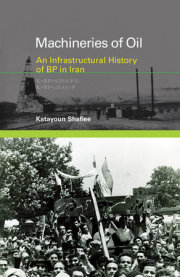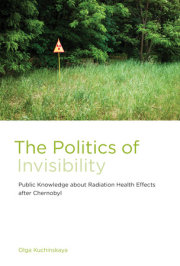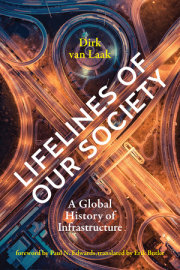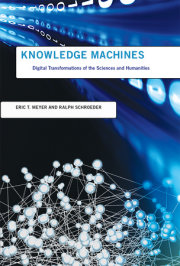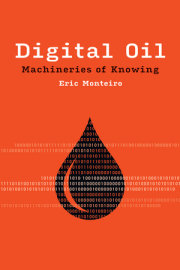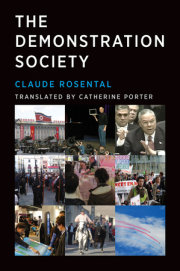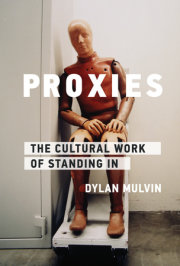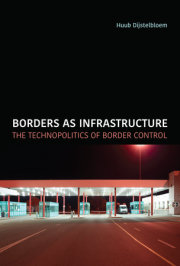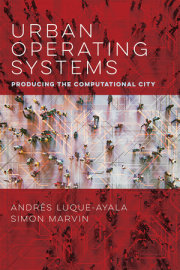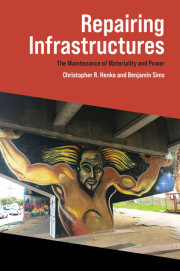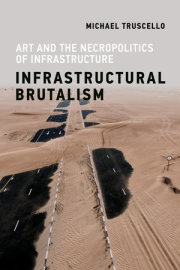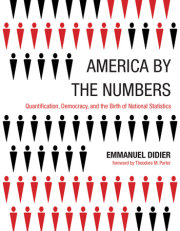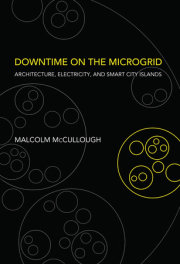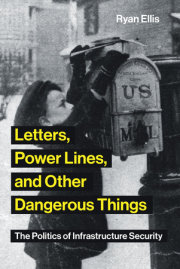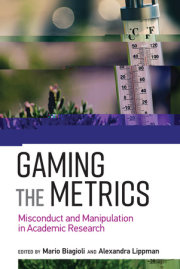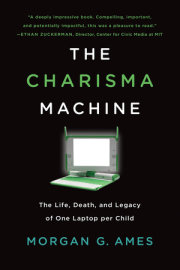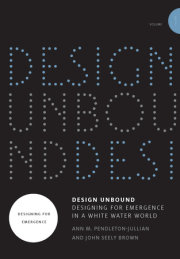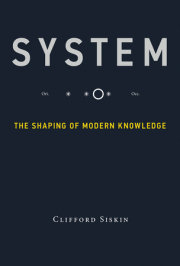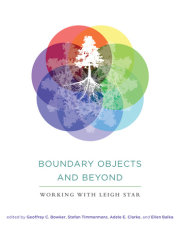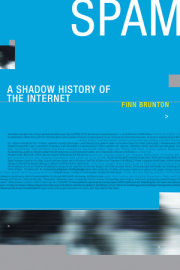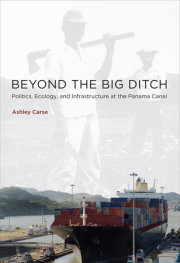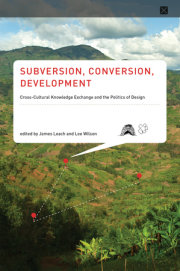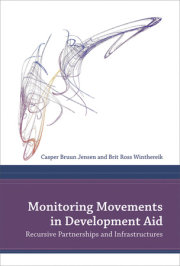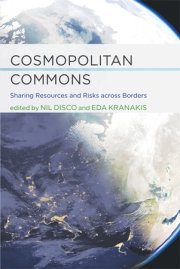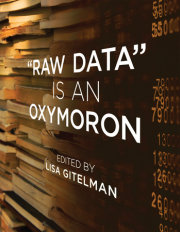[A] stimulating, well-written analysis...a visual feast.—
Ronald E. Doel,
American Historical Review—
This is an excellent book and a valuable resource for all sides in the debates over global warming.
—
Steven Goldman,
Environmental History—
A compelling account of how political and scientific institutions, observation networks, and scientific practice evolved together over several centuries to culminate in the global knowledge infrastructure we have today.
—
Chad Monfreda,
Review of Policy Research—
A Vast Machine: Computer Models, Climate Data, and the Politics of Global Warming by Paul Edwards is an outstanding example of the potential for historians to contribute to broader public debates and give non-specialists insight into the work done by scientists and the process by which computer simulation has transformed scientific practice.
—
Thomas Haigh,
Communications of the ACM—
A 2010 Book of the Year
—
The Economist—
A thorough and dispassionate analysis by a historian of science and technology, Paul Edwards' book is well timed. Although written before the University of East Anglia e-mail leak, it anticipates many of the issues raised by the 'climategate' affair. [...] A Vast Machine puts the whole affair into historical context and should be compulsory reading for anyone who now feels empowered to pontificate on how climate science should be done.
—
Myles Allen,
Nature—
A Vast Machine...will be readily accessible to that legendary target, the general reader...The author's impressive scholarship and command of his material have produced a truly magisterial account.
—
Richard J. Somerville,
Science Magazine—
I recommend this book with considerable enthusiasm. Although it's a term reviewers have made into a cliché, I think A Vast Machine is nothing less than a tour de force. It is the most complete and balanced description we have of two sciences whose results and recommendations will, in the years ahead, be ever more intertwined with the decisions of political leaders and the fate of the human species.
—
Noel Castree,
American Scientist—
On the whole, this is a very good and informative read on the problems in atmospheric modeling and the way computers are—and have been—used in the process.
—
Jeffrey Putnam,
Computing Reviews—

